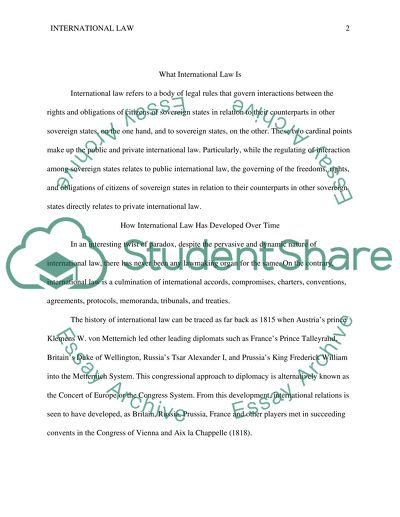Cite this document
(“International Law Essay Example | Topics and Well Written Essays - 1500 words”, n.d.)
International Law Essay Example | Topics and Well Written Essays - 1500 words. Retrieved from https://studentshare.org/law/1453717-what-is-international-law
International Law Essay Example | Topics and Well Written Essays - 1500 words. Retrieved from https://studentshare.org/law/1453717-what-is-international-law
(International Law Essay Example | Topics and Well Written Essays - 1500 Words)
International Law Essay Example | Topics and Well Written Essays - 1500 Words. https://studentshare.org/law/1453717-what-is-international-law.
International Law Essay Example | Topics and Well Written Essays - 1500 Words. https://studentshare.org/law/1453717-what-is-international-law.
“International Law Essay Example | Topics and Well Written Essays - 1500 Words”, n.d. https://studentshare.org/law/1453717-what-is-international-law.


